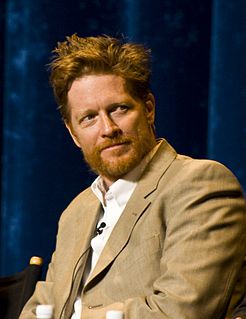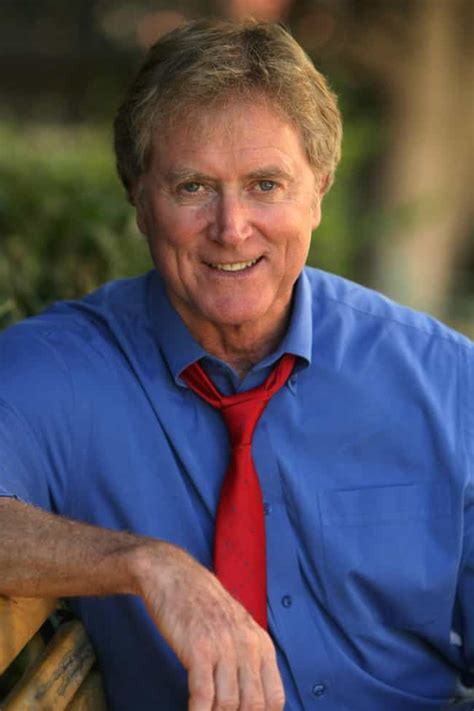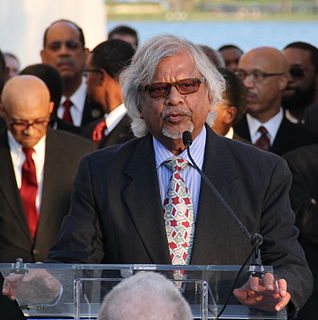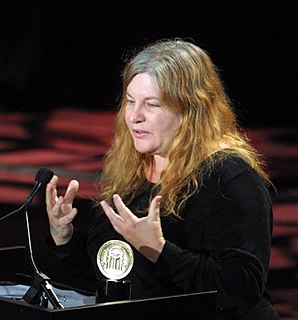A Quote by Eric Stoltz
I think violence, cynicism, brutality and fashion are the staples of our diet. I think in the grand history of story-telling, going back to people sitting around fires, the dark side of human nature has always been very important. Movies are part of that tradition.
Related Quotes
My sense is that we are missing a huge part of the human story. I think it's possible, indeed probable, that we are a species with amnesia; that we've lost the record of our story going back thousands of years before so-called history began, and I think that if we could go back to that dark epoch, we would discover many astounding things about ourselves.
I think that television lately has been extremely dark and, in some ways, cynical but I also think that people who are writing those shows probably feel exactly as I do - that sometimes the darkness of a story can highlight the light in a story. There's a lot of cynical stuff but I think it may be even more in movies now where you see so many movies about cynical and corrupted characters. That's the state of many movies right now but movies, television, all of culture, there's always going to be a battle between the stories that are cynical and stories that are hopeful.
I don't think there is anything wrong with watching violence but I just think you have to present it in the appropriate light. I was like just watch how many accidents and deaths horror causes. Whereas I don't think anybody is going to go: "Oh, I just saw The Shining and I think I'm going to go axe somebody!" These movies aren't for everybody. The dark side of anything isn't for everybody. I think that you have to have some sort of responsibility in how you portray it because I always want the violence to seem real and if it seems disgusting then good, because it should.
People today have forgotten they're really just a part of nature. Yet, they destroy the nature on which our lives depend. They always think they can make something better... They don't know it, but they're losing nature. They don't see that they're going to perish. The most important things for human beings are clean air and clean water.
I think the arc of history is long, and it bends toward justice. And I think that's what the 'Star Wars' message is. You know, the dark side is in the human heart. And chaos is very troubling for an individual or for a culture, which can lead you to authoritarian leaders. But the arc of history is on the right side. I believe that.
I think it's just as viable a way of telling a story as anything else but for right now we like playing around with the new ways to do 3-D because I think it's only going to get better. I think that eventually we'll come home, we'll sit in our living room and there will be a little hologram that'll pop up and you'll watch these 3-D movies but you'll be able to walk around it.
So many people around the world have used nonviolence as a way to resolve a conflict that they faced in their lives. And they continue to use it everywhere all over the world there. And I think, in a way, nonviolence is our nature. Violence is not really our nature. If violence was our nature, we wouldn't need military academies and martial arts institutes to teach us how to kill and destroy people. We ought to have been born with those instincts. But the fact that we have to learn the art of killing means that it's a learned experience. And we can always unlearn it.
When I've acted, and it's not been something I've written or have had at least a hand in writing, I do think there is a controlling side of me that is frustrated by that. And I actually don't think that it's a bad thing, because if I'm going to be in movies, in large part they're going to be movies that I write.
I don't know that movies are important. But I know that stories are important. Movies may disappear. They've only been around, for God's sake, for the last hundred years... I think that it's the need to tell stories, and that people need to be told stories. It's the old sitting around the fire, you know.
I think fashion is probably one of the most accessible and immediate forms of visual culture. In 1978, when I realized that I wanted to work on fashion, I had gone to Yale to get my Ph.D. in European cultural history. I suddenly realized fashion's part of culture, and I can do fashion history. All my professors thought this was a really bad idea, that fashion was frivolous and unimportant. And, increasingly over time, people have recognized that it provides such a mirror to the way we think, our values and attitudes.
As a sensitive filmmaker, I think you have to really be careful in how you explore it. Not that you can't tell any story you want - I'm not calling for censorship or anything. But if you're going to have violence, I think it's important to deal with the consequences of that on a human level, not just to make people laugh.




































